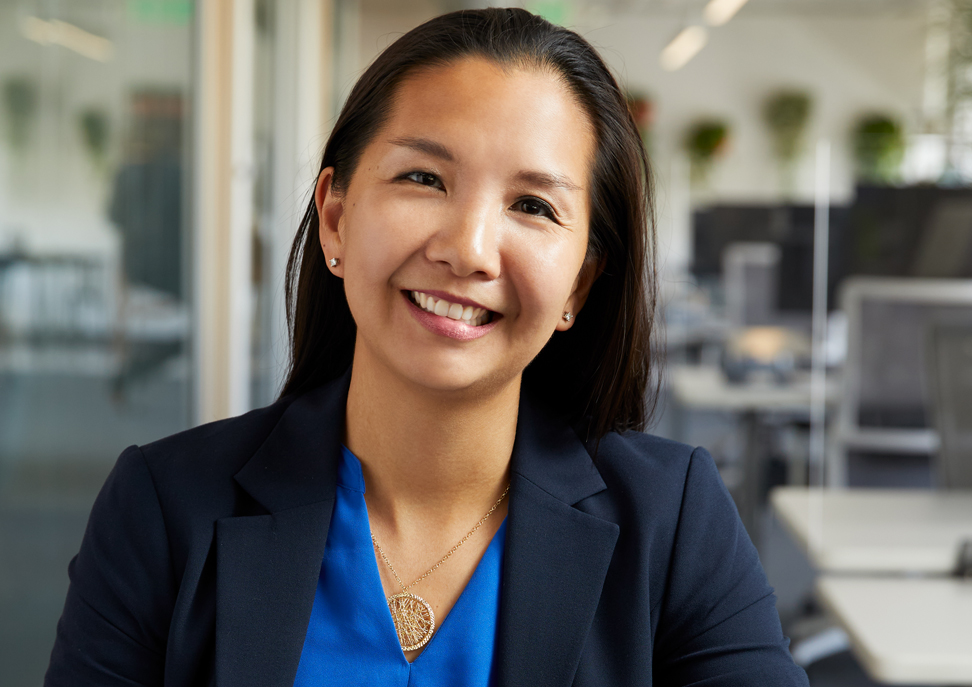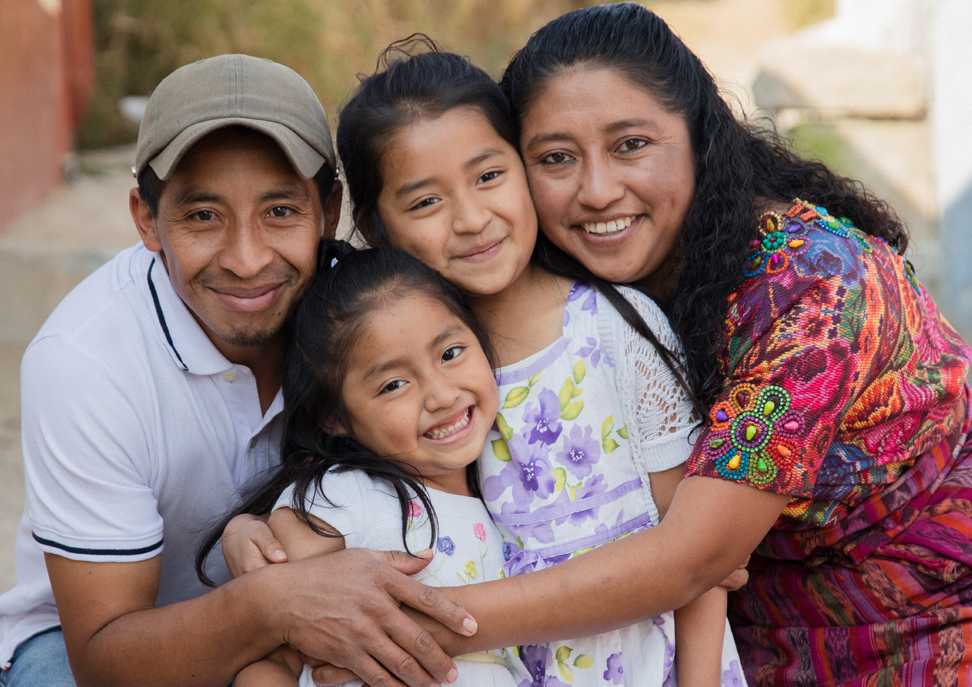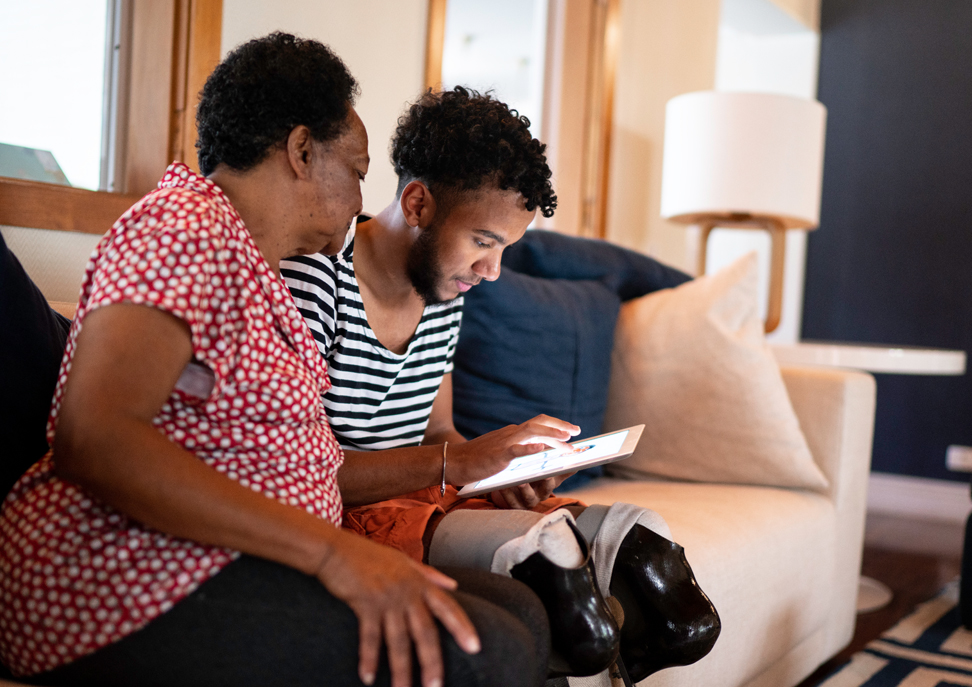Alicia Y. Zhou, Ph.D., was destined to follow in her family’s footsteps to academic research. Growing up on U.S. university campuses, her mother and father both research librarians, she was fascinated with the “science of life.”
Born in China, she shifted between grandparents, aunts, and uncles as a toddler after her parents accepted research fellowships in the United States. At age 4, young Alicia traveled to the United States to reunite with her parents. Her father had only seen her once since he left, on a trip back to China. He brought her a Mickey Mouse toy, which she loved and carried with her to the United States. She remembers recognizing her father when she arrived at the airport and her mother rushing to embrace her.
From a young age, she developed strength and independence, learning to stand up for herself and pursue her dreams. At age 14, on summer break from high school, she researched internship opportunities and secured an internship at a cancer research lab at the University of Chicago, where she learned the intricacies of laboratory experiments.
A little over a decade later, she had completed her undergraduate and advanced degrees at the Massachusetts Institute of Technology (MIT), Harvard University, and the University of California, San Francisco (UCSF). It was only then that she began to envision a new career path, away from the academic setting.
In 2015, while pregnant and planning for maternity leave from her postdoctoral fellowship in breast cancer biology at UCSF, she was looking for ways to directly affect public health.
“Now that I look back, I realize I needed to translate science into impact—or else it felt hollow for me,” Dr. Zhou said. “I really think of academia as the place where the pursuit and love of knowledge is the North Star.”
She read a news article about a new health technology startup called Color, based in California, working to change the landscape of breast cancer by making genetic testing more affordable and accessible. The test would show whether women carried a gene variant that increased their breast cancer risk. Dr. Zhou was especially impressed that the company partnered with internationally renowned geneticist Mary-Claire King, Ph.D., recognized for discovering BRCA1, the breast cancer gene. To Dr. Zhou, this signaled the new company’s trust in science.
Six weeks after giving birth to baby Davi, Dr. Zhou was rocking him in his stroller to get him to nap. As soon as he was quiet, she typed a cover letter to Color’s chief executive officer, asking whether there was an interest in hiring her as a breast cancer scientist. Within six weeks, she began working part-time at the company.
“I think I could only have made that rash decision to take a leap of faith and change careers during maternity leave. I’m not sure I was in control of all my faculties,” she said, laughing.
Now, seven years later, she is the chief science officer at Color, leading Color's research, scientific, and medical affairs teams. In this role, she is helping to grow and shape the company’s partnership with All of Us through the program’s genetic counseling resource.
“It was the best decision I made,” Dr. Zhou said. “My work in the lab would have taken years to have clinical impact. I could see an immediate impact in my role at Color.”
Read more about Dr. Zhou here.









